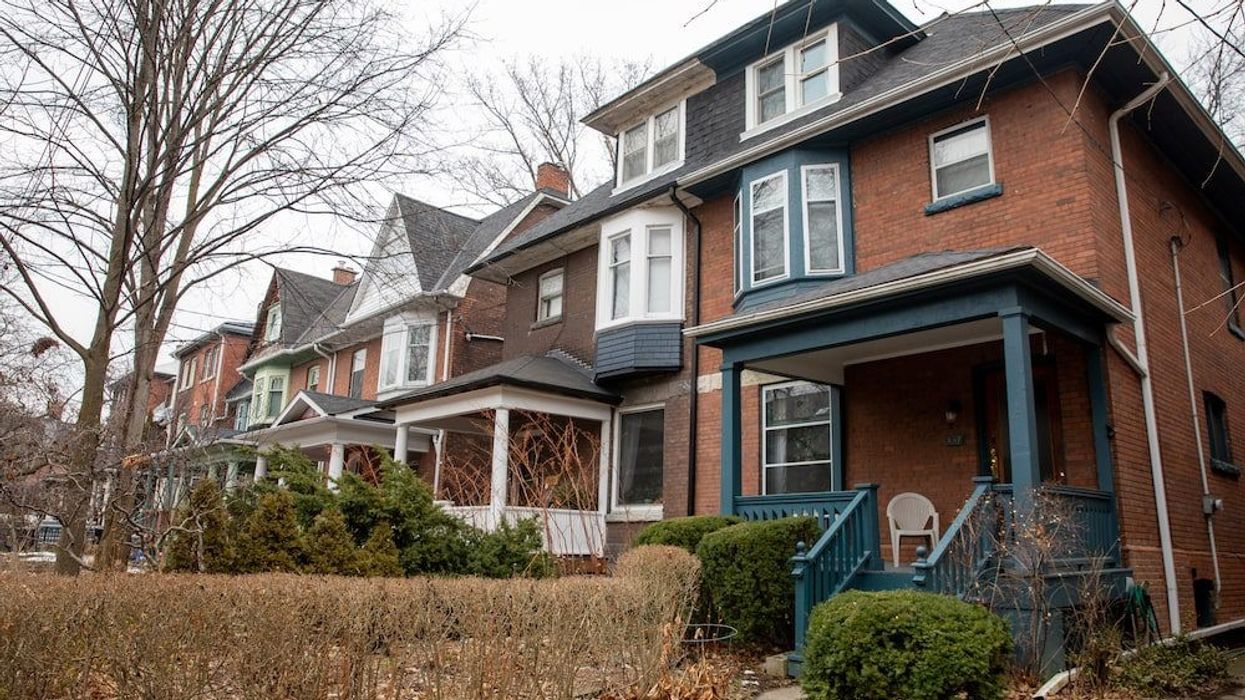Despite a 10-month-long market downturn, the average home price in the Greater Toronto Area (GTA) for all of 2022 sat up 8.6% from the year prior.
This data comes as part of the latest Toronto Regional Real Estate Board (TRREB) housing market report, which revealed an average 2022 selling price of $1,189,850 -- up from the $1,095,333 seen in 2021.
GTA home prices began their aggressive climb in early 2021, continuing into 2022 before reaching their peak in February. Those two months of strong price growth at the beginning of the year, TRREB says, are what fuelled the annual increase, even amidst a market correction.
In the city of Toronto, home prices averaged $1,140,595 in 2022, which was lower than the $1,218,724 average seen in the rest of the GTA. But Toronto detached homes easily won out as the most expensive home type this year, averaging $1,792,149. The cheapest homes were found in the form of 905-area condos, which averaged just over $705K -- a 15.6% jump from one year prior.
As for how the year ended, December GTA home prices averaged $1,051,216 -- a small dip from November's $1,079,395, and continuing a downward trend that will almost certainly carry into the first half of 2023. On a year-over-year basis, December's average price was down 9.2%. In fact, December prices were down year-over-year in all but one category of homes: Toronto condo apartments, which were up 1.4%.
Home Sales Took A Sizeable Hit
As prices made it out of the year with an overall bump, the number of sales didn't follow suit. In 2022, TRREB recorded a total of 75,140 sales, marking a whopping 38.2% decline from 2021's record-high 121,639. Last year also saw 152,873 new listings, which is down 8.2% from 2021.
Although the winter months are typically slower for the real estate market, December saw just 3,117 sales in the GTA (down from 6,013 in December 2021) and 4,074 new listings (down from 5,177 in December 2021).
“While home sales and prices dominated the headlines in 2022, the supply of new listings continued to
be an issue as well," said TRREB Chief Market Analyst Jason Mercer. "The number of homes listed for sale in 2022 was down in comparison to 2021. This helps explain why selling prices have found some support in recent months. Lack of supply has also impacted the rental market. As renting has become more popular in this higher interest rate environment, tighter rental market conditions have translated into double-digit average rent increases."
With the Bank of Canada's overnight lending rate sitting significantly higher than the 0.25% it started the year with (and more rate hikes possibly on the way), TRREB CEO John DiMichele says that the financial barrier is likely to continue dampening the market.
“As we look forward into 2023, there will be two opposite forces impacting the housing market. On the one hand, we will continue to feel the impact of higher borrowing costs," DiMichele said. "On the other hand, record levels of immigration will support demand for ownership and rental housing, while we struggle to come to terms with a housing and infrastructure deficit in the Greater Golden Horseshoe."





















